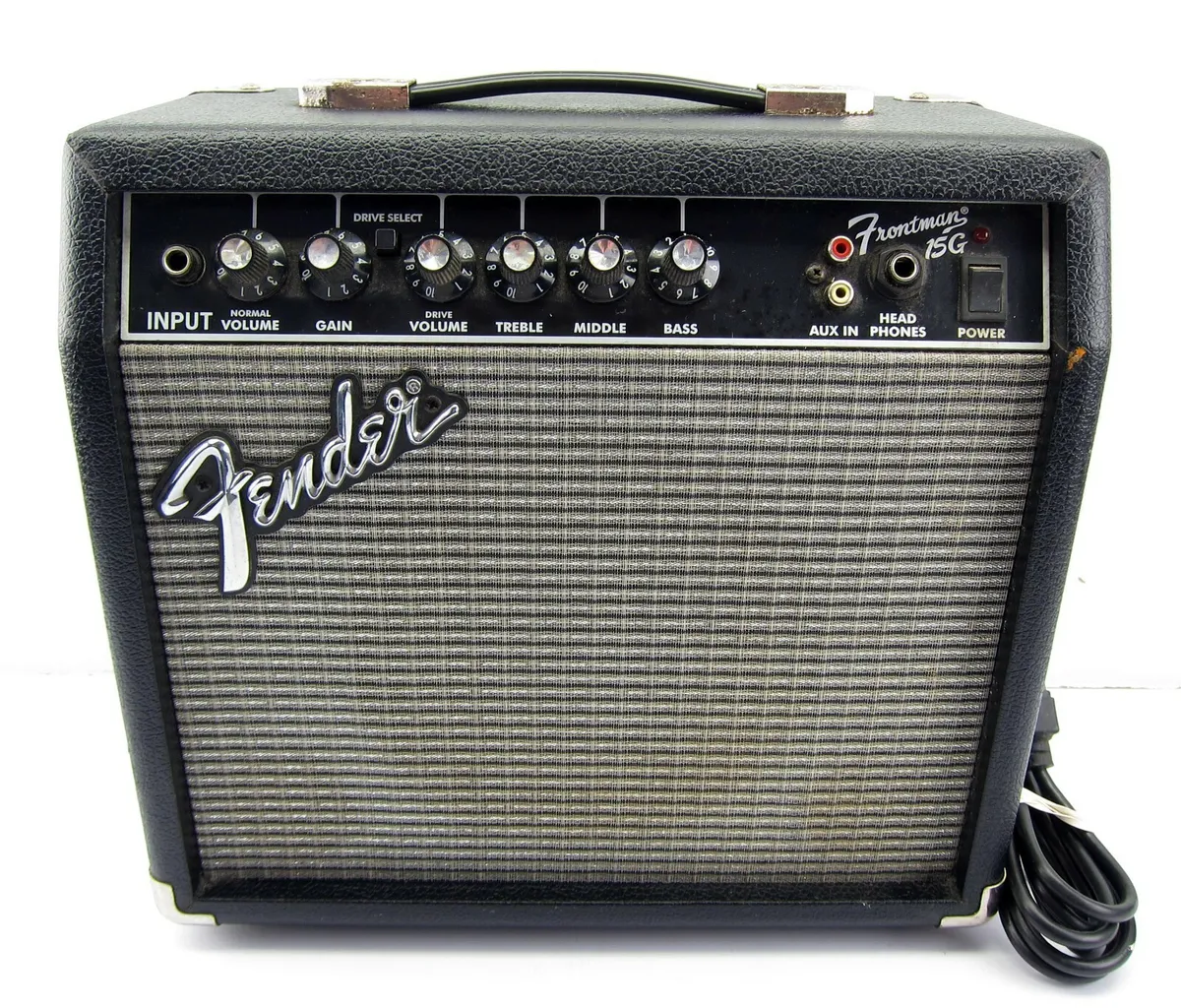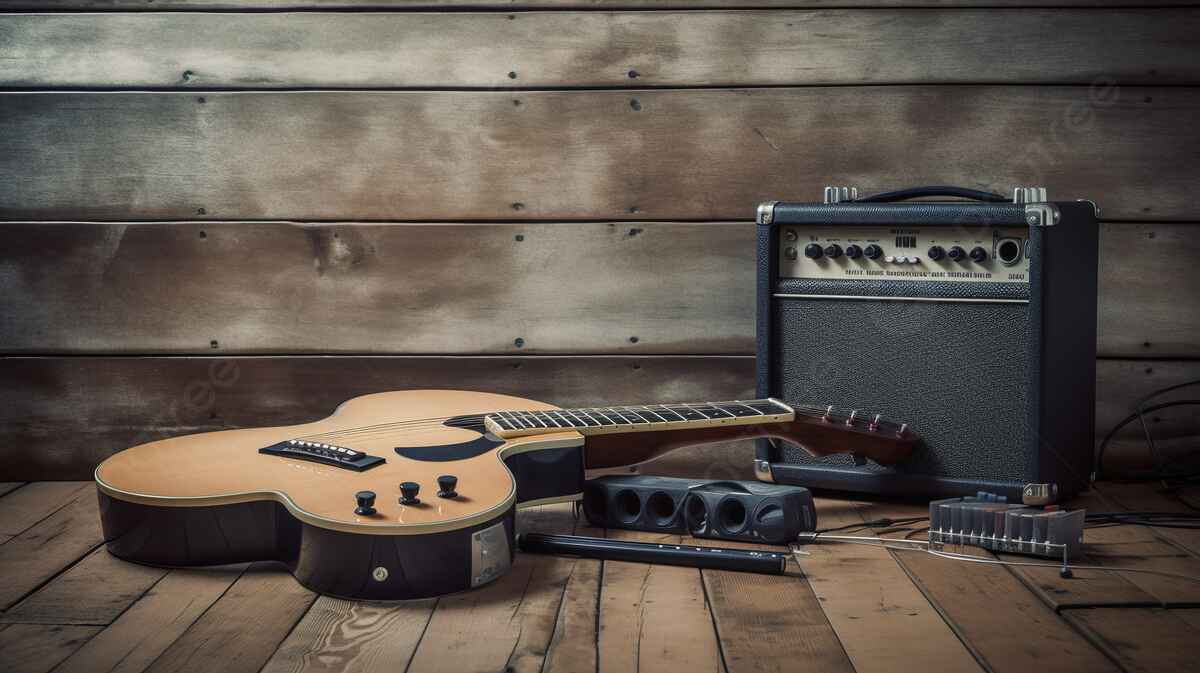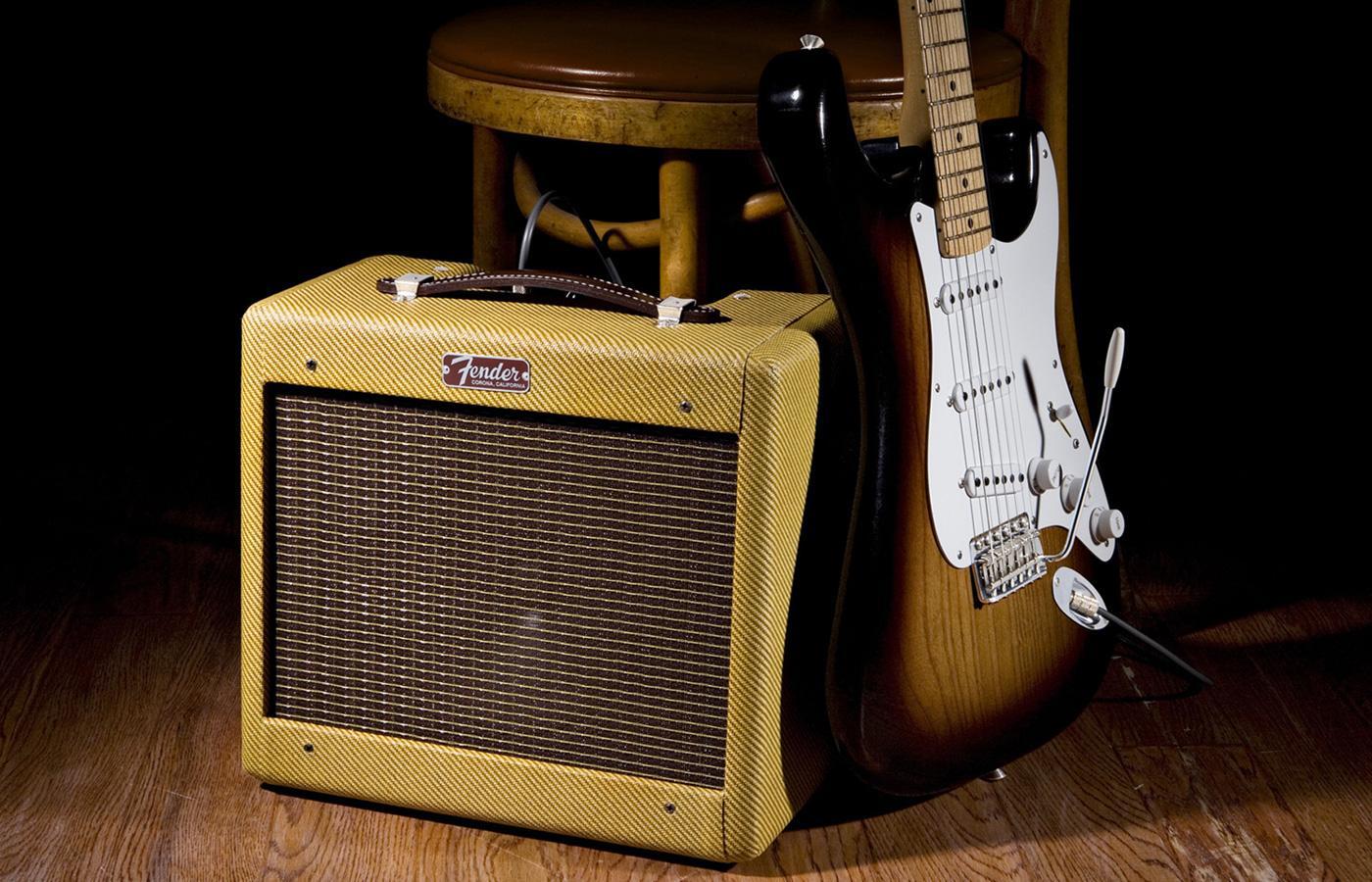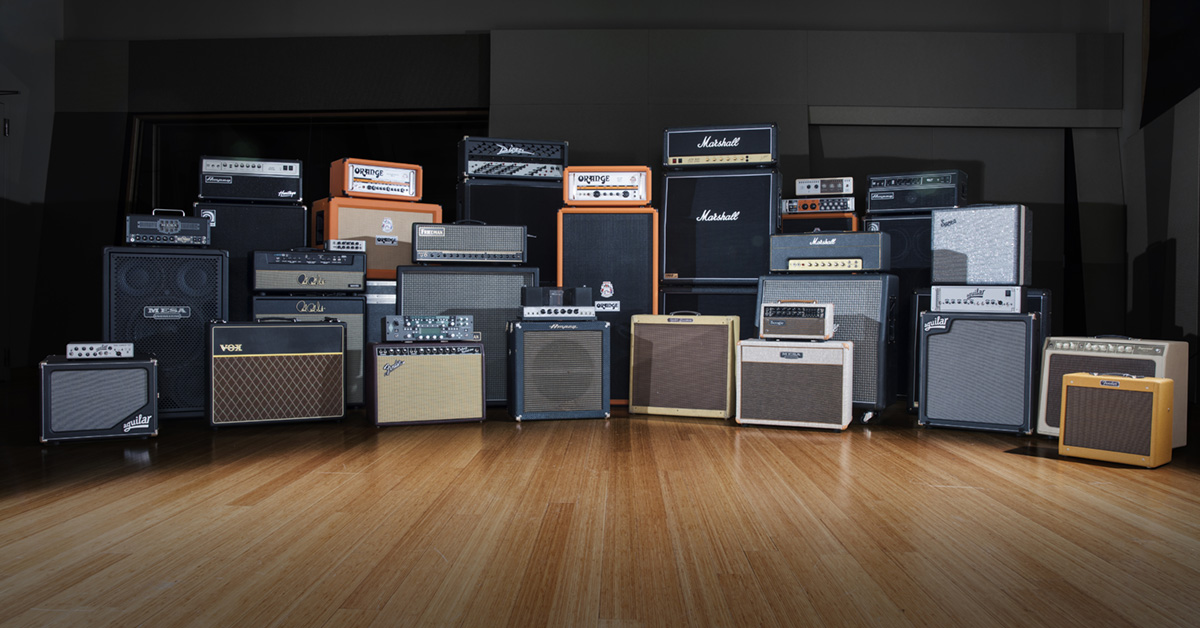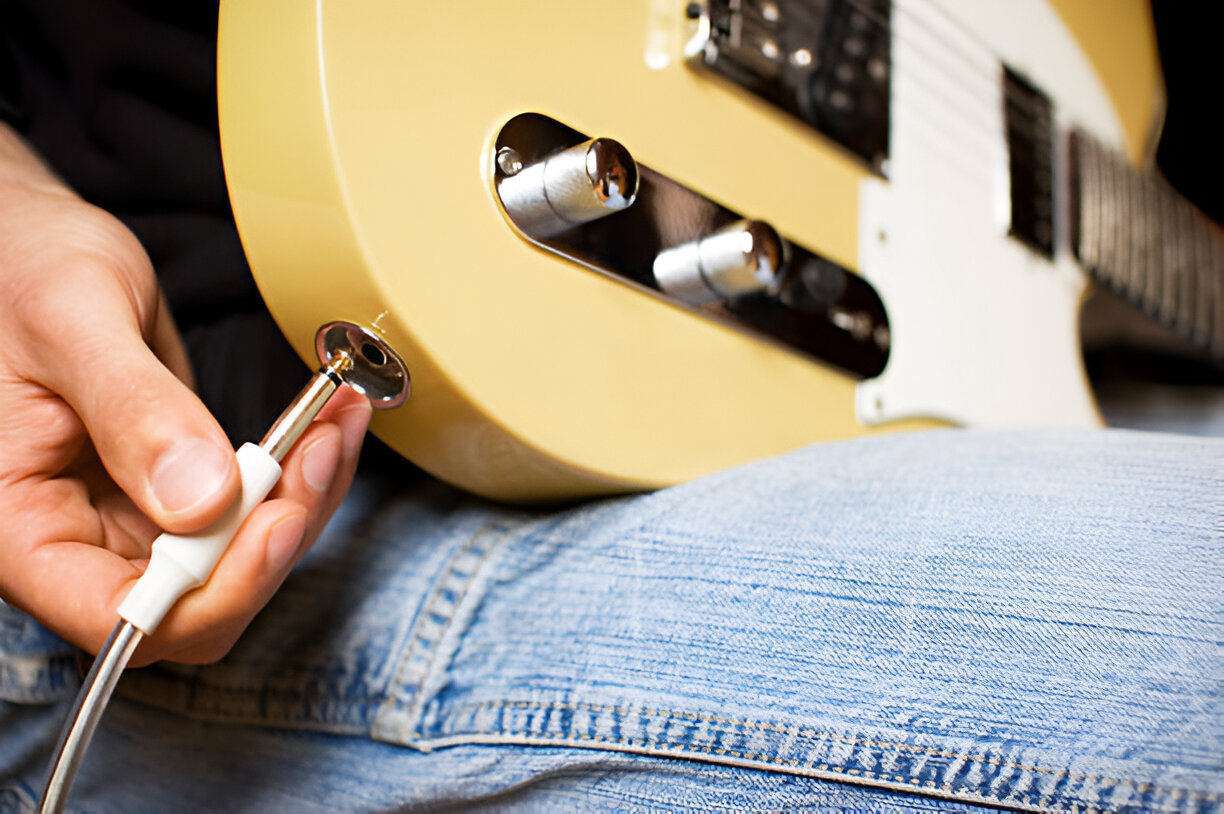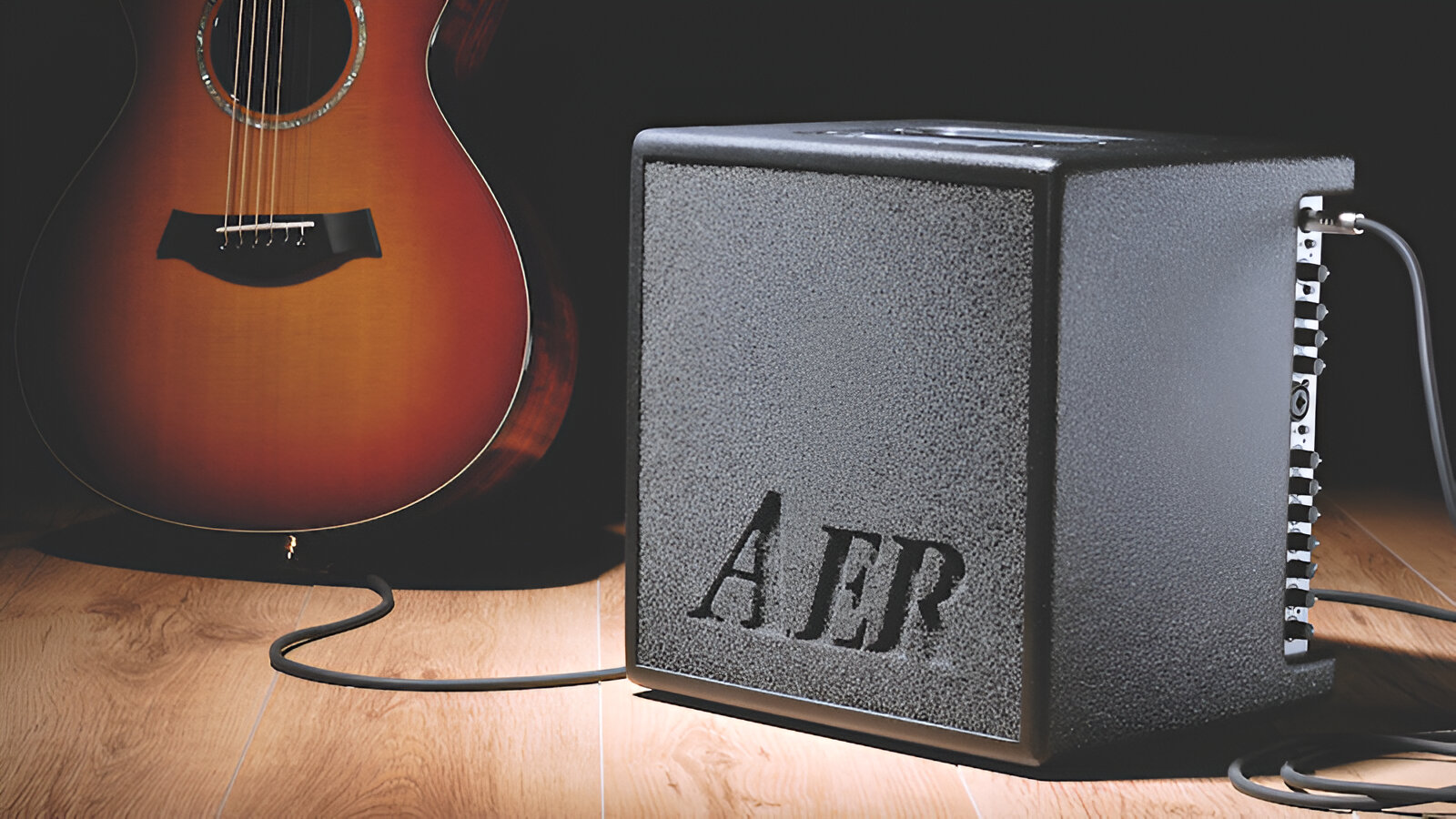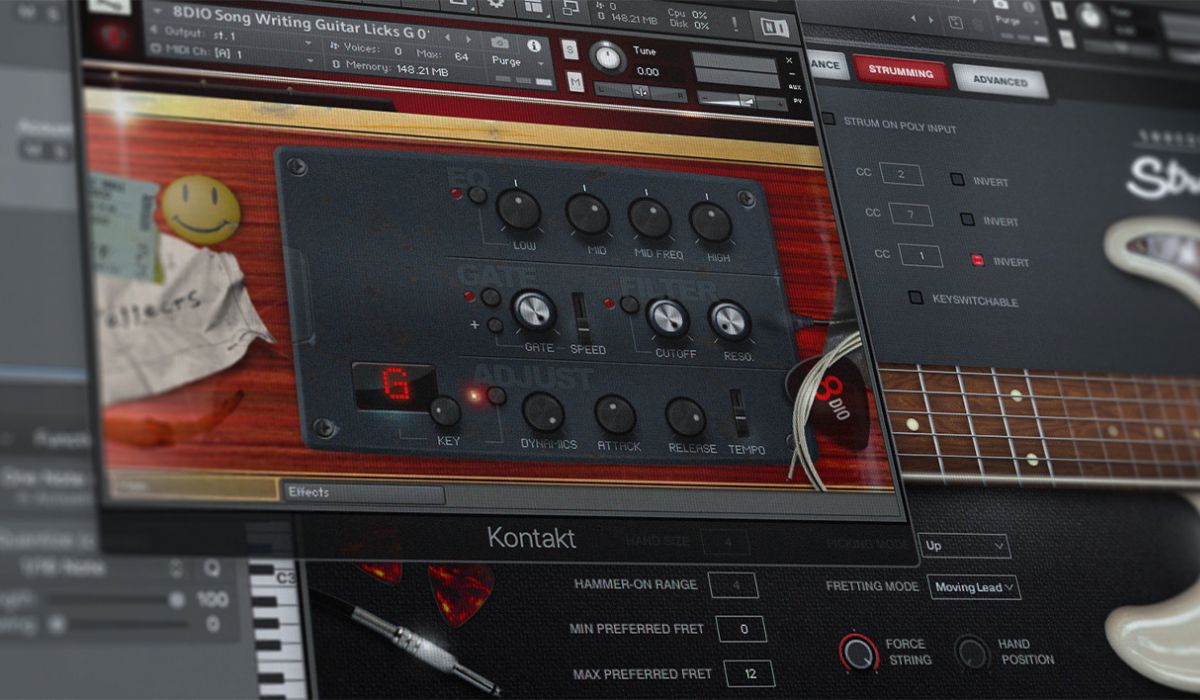Introduction
Electric guitar amplifiers are essential components for any guitarist, as they shape the tone and volume of the instrument. When it comes to purchasing an electric guitar amp, the price can vary significantly based on several factors. Understanding the elements that influence the price of electric guitar amps can help both beginners and experienced musicians make informed decisions when investing in this crucial equipment.
The cost of an electric guitar amp can be influenced by various factors, including brand reputation, power output, features, and overall build quality. Additionally, the type of amplifier, such as tube, solid-state, or modeling, can significantly impact its price. Furthermore, the market is flooded with options ranging from budget-friendly to high-end amplifiers, each catering to different needs and preferences.
In this article, we will delve into the factors that affect the price of electric guitar amps, explore budget-friendly, mid-range, and high-end options, and provide insights to help readers make well-informed decisions when considering a purchase. Whether you are a novice guitarist looking for an affordable yet reliable option or a seasoned musician seeking a top-tier amplifier, understanding the dynamics of electric guitar amp pricing will undoubtedly guide you in the right direction. Let's embark on this journey to uncover the world of electric guitar amplifiers and discover the best options available across various price ranges.
Factors Affecting the Price of Electric Guitar Amps
When evaluating the price of electric guitar amps, several key factors come into play, influencing the cost and overall value of the equipment. Understanding these factors is crucial for anyone in the market for a new amplifier, as it allows for informed decision-making and ensures that the chosen amp aligns with the guitarist’s specific needs and budget. Below are the primary elements that affect the price of electric guitar amps:
- Brand Reputation: Established and renowned brands often command higher prices due to their reputation for quality, reliability, and innovation. While these amplifiers may come with a premium price tag, they often offer superior craftsmanship, sound engineering, and long-term durability.
- Power Output and Features: The wattage and features of an amplifier significantly impact its price. Amplifiers with higher power output and a wide range of built-in effects, amp models, and connectivity options tend to be priced higher than their more basic counterparts. Additionally, features such as built-in effects, Bluetooth connectivity, and advanced tone shaping capabilities contribute to the overall cost.
- Build Quality and Materials: The construction and materials used in the manufacturing of the amp play a significant role in determining its price. Amplifiers crafted with high-quality components, durable housing, and attention to detail often come with a higher price point due to their reliability and longevity.
- Amplifier Type: The type of amplifier, whether it’s a tube amp, solid-state amp, or modeling amp, can greatly influence its price. Tube amps, known for their warm and dynamic sound, often carry a higher price tag due to the intricate technology and components involved in their construction. On the other hand, solid-state and modeling amps, while more affordable, offer their own distinct advantages and features at varying price points.
- Market Demand and Availability: The demand for specific amplifier models, limited edition releases, and vintage or collectible amps can significantly impact their pricing. Rare or highly sought-after amplifiers may command premium prices in the market due to their scarcity and desirability among musicians and collectors.
By considering these factors, prospective buyers can gain valuable insights into the pricing dynamics of electric guitar amps, enabling them to make informed decisions based on their preferences, budget, and specific requirements. Whether seeking a budget-friendly option with essential features or a high-end amplifier packed with cutting-edge technology, understanding these influencing factors is paramount in selecting the perfect electric guitar amp.
Budget-Friendly Electric Guitar Amps
For aspiring guitarists and musicians on a budget, there is a plethora of affordable electric guitar amps available that offer impressive sound quality, essential features, and excellent value for money. These budget-friendly amplifiers cater to beginners, home practice sessions, and small performances, providing a solid foundation for honing one’s skills without breaking the bank.
One of the primary considerations when exploring budget-friendly electric guitar amps is the power output and size. These amps typically range from 10 to 30 watts, making them suitable for practice and small venues. While they may not deliver the same volume and headroom as higher-powered amps, they are ideal for beginners and casual players.
Many budget-friendly amps also come equipped with essential built-in effects such as reverb, delay, and overdrive, allowing users to experiment with various tones and textures without the need for additional pedals. Additionally, these amps often feature headphone jacks for silent practice, making them ideal for late-night rehearsals or private playing sessions.
When it comes to construction, budget-friendly electric guitar amps are designed to be lightweight and portable, making them convenient for transportation and storage. While they may not boast the same level of durability and premium materials as higher-end models, they offer reliable performance and functionality for their intended use.
Some notable brands known for offering budget-friendly electric guitar amps include Fender, Orange, Blackstar, and Vox, among others. These manufacturers have established a reputation for producing quality amplifiers that cater to the needs of entry-level players and those seeking affordable yet reliable options.
Overall, budget-friendly electric guitar amps provide an accessible entry point for beginners and casual players, offering essential features, portability, and satisfactory sound quality at an affordable price. While they may not offer the extensive features and tonal versatility of higher-end models, they serve as valuable tools for learning, practice, and small-scale performances, making them a practical choice for those mindful of their budget.
Mid-Range Electric Guitar Amps
Mid-range electric guitar amps occupy a significant space in the market, catering to intermediate players, gigging musicians, and those seeking a balance between performance and affordability. These amplifiers offer a compelling combination of power, features, and sound quality, making them versatile options for various playing environments and musical styles.
One of the defining characteristics of mid-range electric guitar amps is their increased power output, typically ranging from 30 to 100 watts or more. This enhanced wattage provides ample headroom and volume, making these amps suitable for rehearsals, studio recordings, and medium-sized venues. The additional power also allows for greater clarity, dynamics, and tonal depth, enhancing the overall playing experience.
Mid-range amps often feature a broader selection of built-in effects, amp models, and tone-shaping controls compared to their budget-friendly counterparts. These features empower players to explore a wide range of sounds and textures, from pristine cleans to high-gain distortion, without the need for external pedals or processors. Additionally, many mid-range amps offer advanced connectivity options, including effects loops, footswitch compatibility, and direct recording capabilities, further expanding their versatility.
Build quality and construction are key considerations in mid-range electric guitar amps, with an emphasis on durability, reliability, and premium materials. These amplifiers are designed to withstand the rigors of regular use, transportation, and live performances, ensuring that they remain steadfast and consistent in various playing scenarios.
Notable brands renowned for their mid-range electric guitar amps include Marshall, Mesa/Boogie, Peavey, and Boss, among others. These manufacturers have established a strong presence in the mid-tier market, offering amplifiers that strike a balance between performance, features, and value, catering to the evolving needs of intermediate and professional players.
In summary, mid-range electric guitar amps represent a compelling option for musicians seeking enhanced power, versatility, and build quality without venturing into the premium price range. These amplifiers serve as reliable workhorses for rehearsals, recordings, and live performances, providing a diverse sonic palette and robust performance capabilities to support the musical endeavors of intermediate and seasoned players.
High-End Electric Guitar Amps
High-end electric guitar amps represent the pinnacle of amplifier craftsmanship, innovation, and sonic excellence, catering to discerning musicians, studio professionals, and performers who demand uncompromising quality and unparalleled performance. These amplifiers are renowned for their exceptional sound, advanced features, and meticulous attention to detail, setting new standards in tone, responsiveness, and versatility.
One of the defining characteristics of high-end electric guitar amps is their uncompromising build quality and materials. These amplifiers are meticulously crafted using premium components, high-grade circuitry, and superior craftsmanship, ensuring optimal performance, reliability, and longevity. The attention to detail in construction and design is evident, with a focus on sonic purity, signal integrity, and tonal transparency.
High-end amps often feature advanced tube technology, including boutique and vintage-inspired circuits, delivering rich harmonics, dynamic responsiveness, and organic saturation coveted by discerning players. The meticulous selection of tubes, transformers, and components contributes to the amplifier’s signature sound, offering a level of sonic refinement and expressiveness that sets them apart from mainstream models.
These amplifiers also boast an extensive array of features, including comprehensive tone-shaping controls, studio-grade effects, advanced reverb and delay algorithms, and seamless integration with external gear. Many high-end amps offer multi-channel designs, allowing for seamless transitions between clean, crunch, and high-gain tones, as well as intricate control over EQ settings, presence, and resonance for unparalleled sonic sculpting.
Notable brands synonymous with high-end electric guitar amps include Bogner, Diezel, Friedman, and Two Rock, among others. These manufacturers have earned acclaim for their uncompromising commitment to sonic excellence, pushing the boundaries of amplifier design and performance to cater to the demands of professional musicians, recording engineers, and tone aficionados.
In essence, high-end electric guitar amps represent the pinnacle of amplifier technology, offering uncompromising sound quality, advanced features, and meticulous craftsmanship. While commanding a premium price, these amplifiers serve as sonic masterpieces, empowering players to explore new sonic frontiers, express their musical vision with unparalleled clarity, and elevate their playing to new heights of artistry and expression.
Conclusion
Electric guitar amplifiers encompass a diverse spectrum of options, each tailored to meet the unique needs, preferences, and budgetary considerations of musicians across various skill levels and playing environments. Understanding the factors that influence the price of electric guitar amps provides valuable insights for prospective buyers, enabling them to make well-informed decisions when selecting the ideal amplifier for their musical journey.
From budget-friendly options offering essential features and affordability to mid-range amplifiers striking a balance between performance and value, and high-end amps delivering uncompromising sonic excellence and advanced capabilities, the market offers a wide array of choices to cater to the diverse needs of guitarists.
It is essential for players to consider their specific requirements, playing scenarios, and tonal aspirations when exploring the myriad options available. Whether seeking a portable practice amp for home use, a versatile workhorse for rehearsals and small gigs, or a premium amplifier for studio recordings and professional performances, the market offers a wealth of solutions to accommodate varying musical pursuits.
Furthermore, the dynamic nature of the electric guitar amp market ensures that players have access to a broad range of brands, technologies, and tonal characteristics, allowing them to find the perfect amplifier that resonates with their musical identity and artistic vision.
Ultimately, the world of electric guitar amplifiers is a vibrant tapestry of innovation, craftsmanship, and sonic artistry, offering an extensive selection of options to inspire, empower, and elevate the musical experience for players of all levels. By understanding the nuanced dynamics of electric guitar amp pricing and the diverse offerings available, musicians can embark on a rewarding journey to discover the perfect amplifier that amplifies their creativity, expression, and musical voice.







